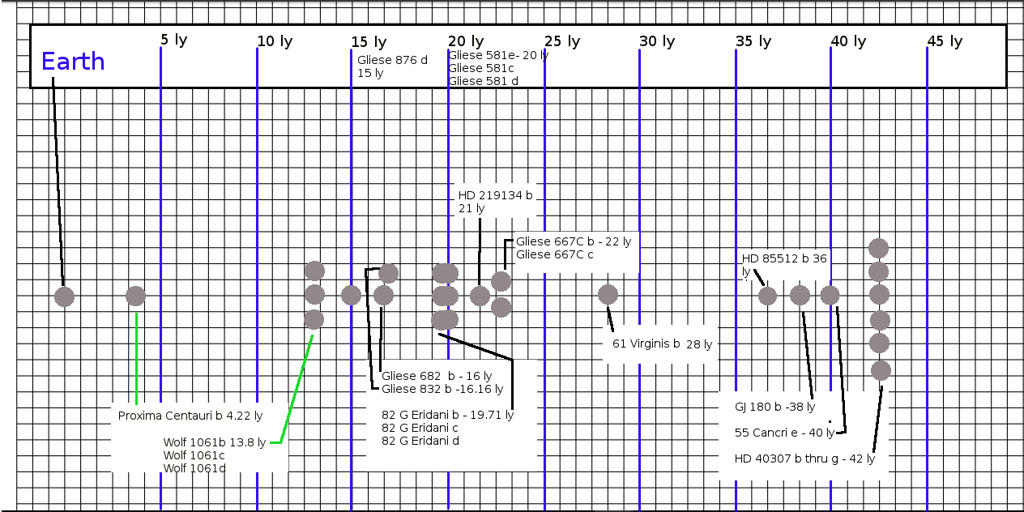The odds of its orbit being aligned in such a way that the transit is visible from Earth are pretty low.
The comment was a joke aimed at our resident polymath. (I thought using the term "swarm" for a single body would give it away.)
The odds of its orbit being aligned in such a way that the transit is visible from Earth are pretty low.
-Researchers think the planet is likely rocky, and it has a surface one could walk on
- "One side is always sunny, the other is gloomy and dark,"

Did you know that space has three dimensions? Just checking...
....
OK but really if we did say tomorrow find beyond any doubt a planet much like Earth with water and evidence of plant life and such would it change anything today, in the immediate?
Would science suddenly get more funding to go there?
I think a lot of hope would be restored on Earth. A lot.
Yes, science would suddenly get more funding. A lot more.
I dont see that happening. There are already a lot of worthy causes that would benefit from more funding. Maybe if there was a realistic way of reaching that planet in a couple of years, but no one is going to put significant money on something that would not be reached in their lifetime. And for people with a lot of money, a rest of their lifetime is often not so long.I think a lot of hope would be restored on Earth. A lot.
Yes, science would suddenly get more funding. A lot more.
I dont see that happening. There are already a lot of worthy causes that would benefit from more funding. Maybe if there was a realistic way of reaching that planet in a couple of years, but no one is going to put significant money on something that would not be reached in their lifetime. And for people with a lot of money, a rest of their lifetime is often not so long.
That's true because for those people they might cark in a short while.
We use essential cookies to make this site work, and optional cookies to enhance your experience.
